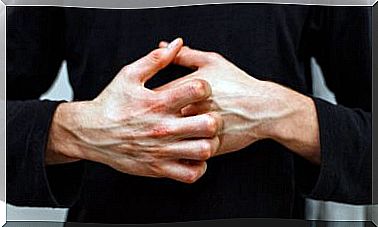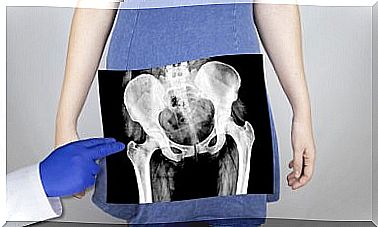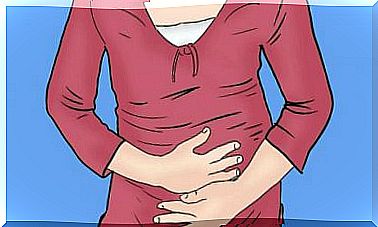Why Do We Get Colds?
There are several factors that can play a role in developing colds. However, in general, it is a viral infection. Who does it affect? What are your symptoms? In this space we detail it.
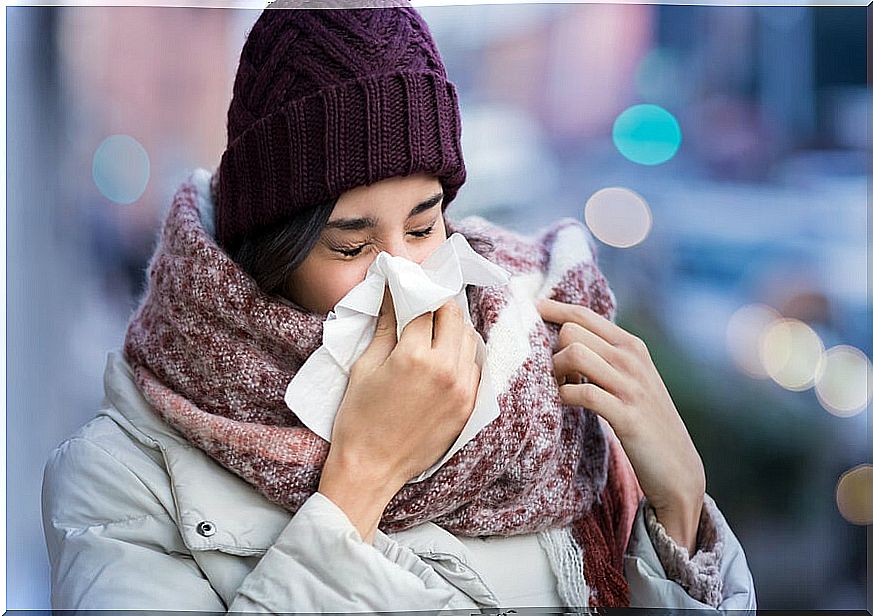
Colds are one of the most common pathologies in our environment. In fact, it is one of the most frequent reasons for consulting the family doctor and, also, one of the reasons for absenteeism from work and school. However, do we know why we catch a cold?
In each place and culture there are different beliefs about why we get a cold. So much so that, for example, in much of Spain it is thought that the cold is almost entirely associated with having caught a cold at some previous time.
Interestingly, there are Egyptian texts from 1500 BC that already described the cold. Nowadays, due to advances in medicine, we can affirm what its real causes are and define in a concrete way what happens during the cold in our body.
Therefore, in this article we explain why we get a cold and everything you need to know about it. Thus, we can leave behind the cultural myths about this condition, which affects practically the entire population at some point in their life.
Why do we get colds?
A cold is actually a virus infection. It is one of the most common diseases and, generally, it is caused by rhinovirus and coronavirus . It is a self-limited condition that usually lasts no more than 10 days.
It is important to note that, although its name leads us to confusion, we do not catch a cold from catching cold. While it is true that cold and winter are associated with more cases of colds, this is not the reason. It should be clear that it is a viral infection.

Colds affect people of all ages. They are highly contagious viruses that spread easily. The most common symptoms of this infection are sneezing and nasal congestion. Other common symptoms are:
- Have watery eyes and a lot of runny nose.
- Headache or throat pain.
- Tiredness and feeling unwell.
- Mucus in the throat or chest.
When we catch a cold, the virus that caused it can spread from our body in many ways. By sneezing, coughing or talking, we make it easier for the virus to spread through the environment or reach another person.
The same happens when we share objects or touch a person who has a cold. This is another reason why colds have always been associated with catching cold. People, when it is cold, tend to take shelter in warm places where there are many people, and thus contagion is favored.
What are the risk factors for colds?
The fact that it is a viral infection does not rule out that there are certain factors that make it easier for us to catch a cold. This is where we include the fact of having caught cold or that it is winter.
First of all, you have to understand that, although we get colds more often in winter, it can happen at any time of the year. The same is true of age; Anyone can get a cold.
However, the incidence in children who are under 6 years of age is much higher. This is because hygiene measures at this age are not very careful and, above all, because the contact between children is much greater when playing or at school.
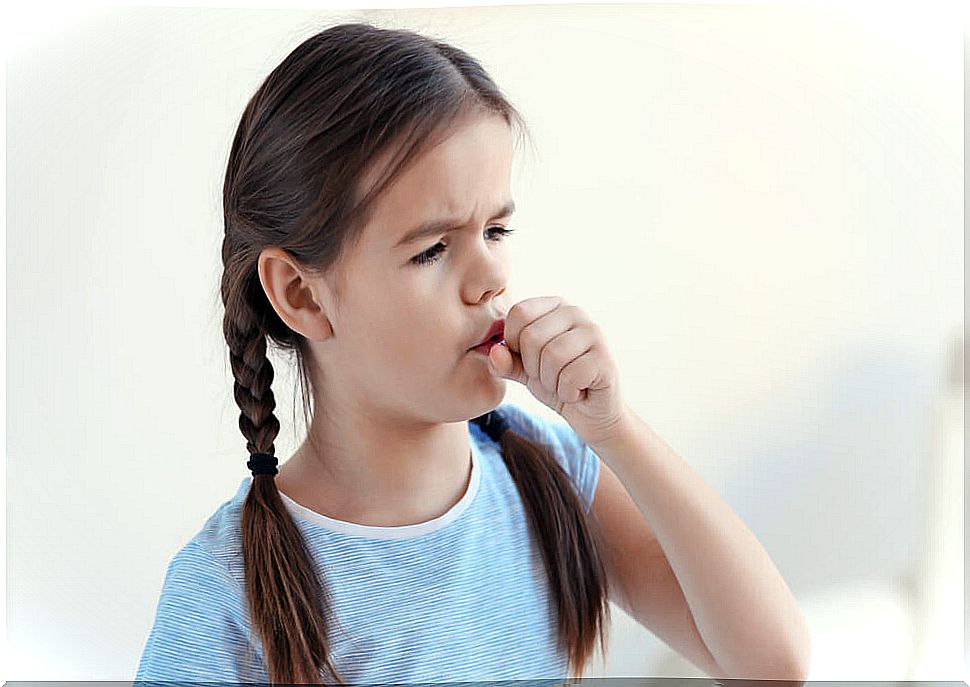
Another risk factor for which we get colds more often is having a weak immune system. Having recently suffered from a disease or having a chronic pathology have a significant influence.
Our immune system depends on many elements and substances, so it is exposed to numerous changes and deficits that can weaken it. For example, not sleeping properly or having a vitamin C deficiency.
Tobacco smoke has also been shown to further predispose to a cold. Both active and passive smokers are more likely to catch colds. The reason is that smoke damages the mucous membranes of the respiratory system and facilitates the entry of the virus into our body.
In conclusion
We catch a cold due to an infection by a virus, which can run in different families. It is important to understand that cold or winter are factors that make it easier for this to occur, but that they are not the cause of the cold.
